Find Help
More Items From Ergsy search
-

NHS Diabetes Prevention Programme; Preventing Type 2 and improving outcomes for people with diabetes
Relevance: 100%
-
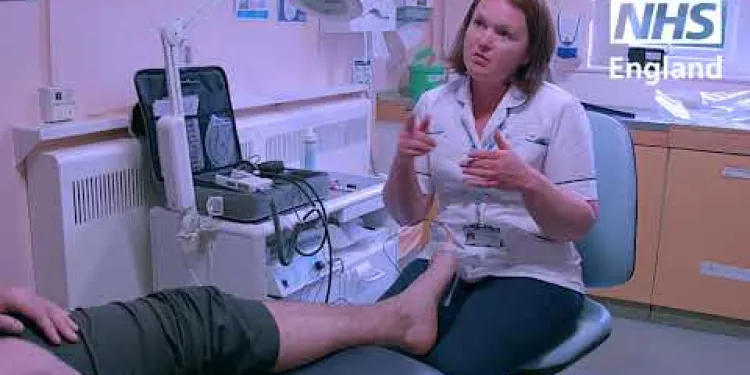
Improving outcomes for people with diabetes
Relevance: 95%
-

Can Type 2 Diabetes be prevented?
Relevance: 86%
-
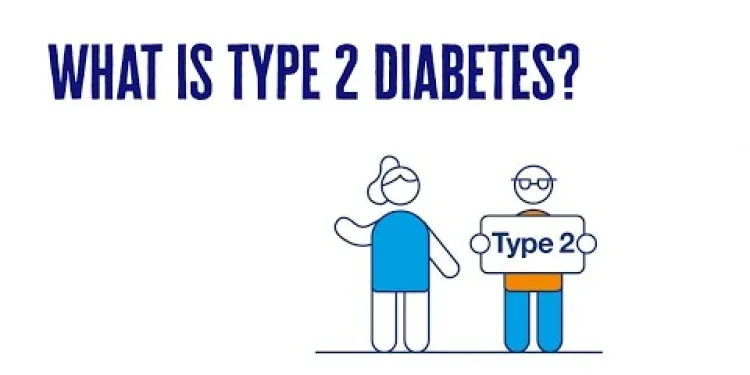
What Is Type 2 Diabetes? | 2 Minute Guide | Diabetes UK
Relevance: 80%
-

Is Type 2 Diabetes hereditary?
Relevance: 78%
-
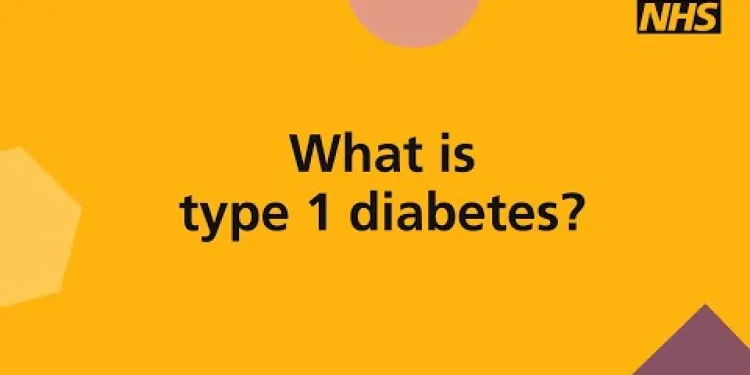
What is type 1 diabetes?
Relevance: 78%
-
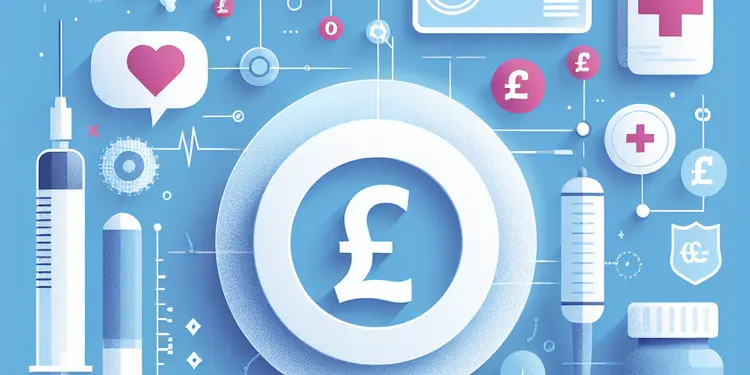
Are there any clinical trials for preventing type 1 diabetes?
Relevance: 77%
-

Type 1 Diabetes supporting adults to manage Type 1 diabetes
Relevance: 77%
-
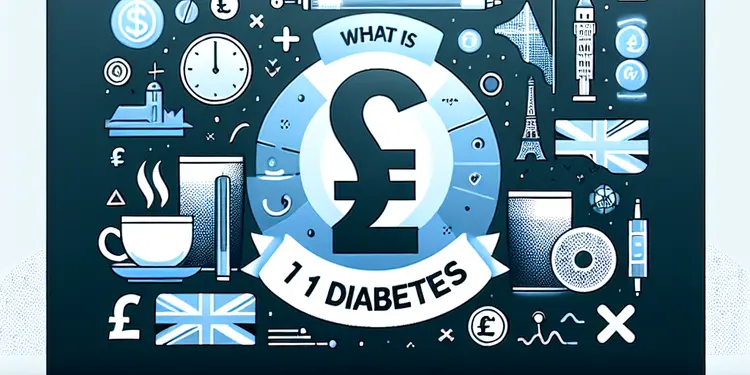
What is type 1 diabetes?
Relevance: 77%
-

Is there a genetic predisposition to type 1 diabetes?
Relevance: 75%
-

What are the benefits of early detection of type 1 diabetes?
Relevance: 74%
-

How is Type 2 Diabetes diagnosed?
Relevance: 74%
-

What causes Type 2 Diabetes?
Relevance: 74%
-

Can Type 2 Diabetes go away?
Relevance: 73%
-
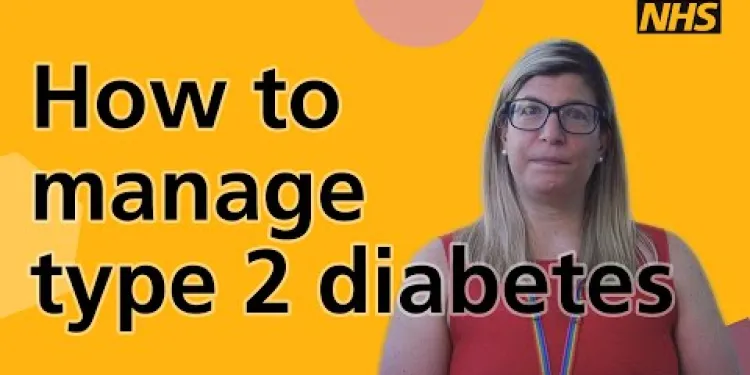
How to manage type 2 diabetes
Relevance: 73%
-
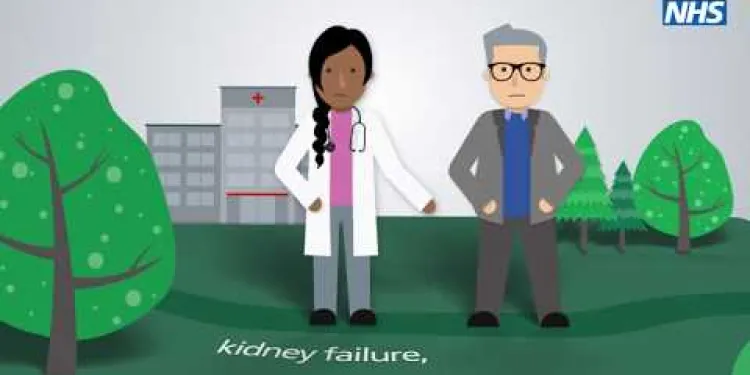
The NHS Diabetes Prevention Programme story
Relevance: 73%
-

What is the difference between type 1 and type 2 diabetes?
Relevance: 73%
-
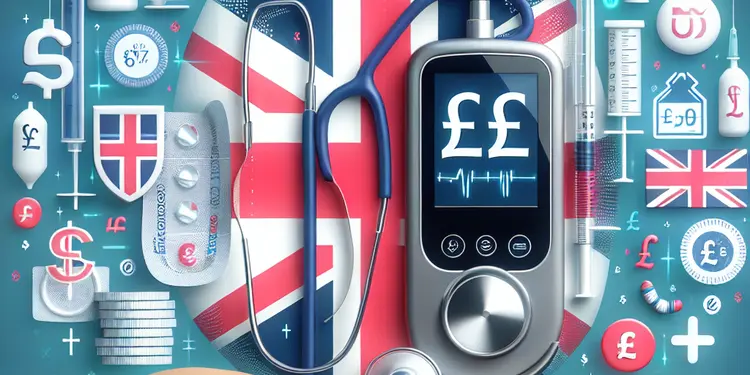
What are the limitations of type 1 diabetes screening?
Relevance: 73%
-

Is Ozempic suitable for type 1 diabetes?
Relevance: 73%
-
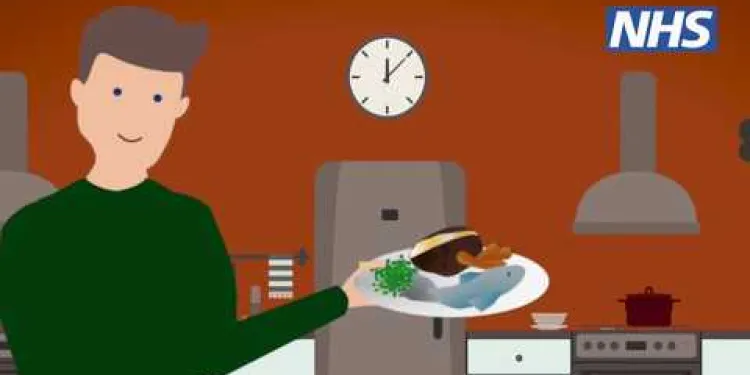
Tom's story (NHS Diabetes Prevention Programme)
Relevance: 72%
-

How is Type 2 Diabetes treated?
Relevance: 72%
-

What are the symptoms of Type 2 Diabetes?
Relevance: 71%
-
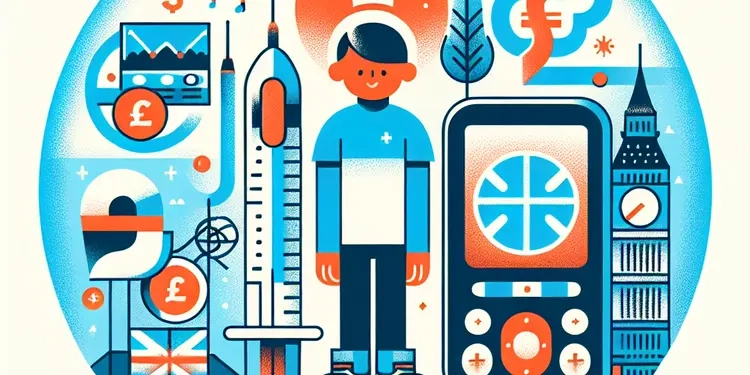
Should I screen my child for type 1 diabetes?
Relevance: 71%
-

Can Mounjaro be used in type 1 diabetes?
Relevance: 71%
-

What is the role of insulin in Type 2 Diabetes?
Relevance: 70%
-
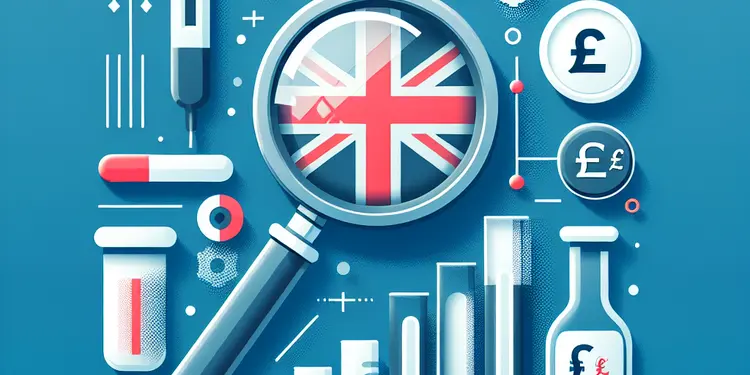
How accurate are the tests for predicting type 1 diabetes?
Relevance: 70%
-

What complications are associated with Type 2 Diabetes?
Relevance: 70%
-
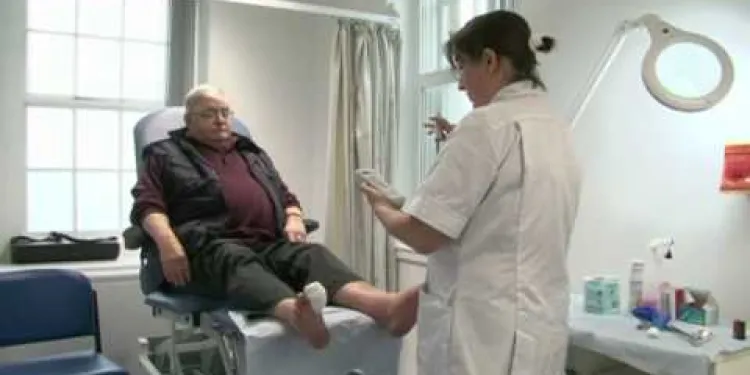
Diabetes Care - Preventing Amputations
Relevance: 70%
-
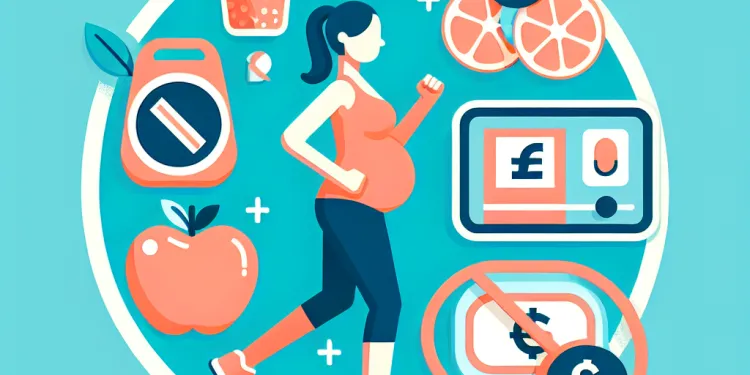
Can exercise help prevent gestational diabetes?
Relevance: 70%
-

Can stress affect my Type 2 Diabetes?
Relevance: 70%
-
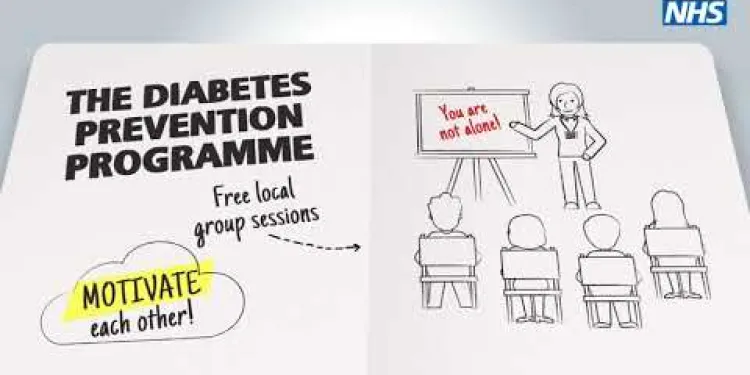
Hansa's story - The NHS Diabetes Prevention Programme
Relevance: 69%
-

What does screening for type 1 diabetes involve?
Relevance: 69%
-
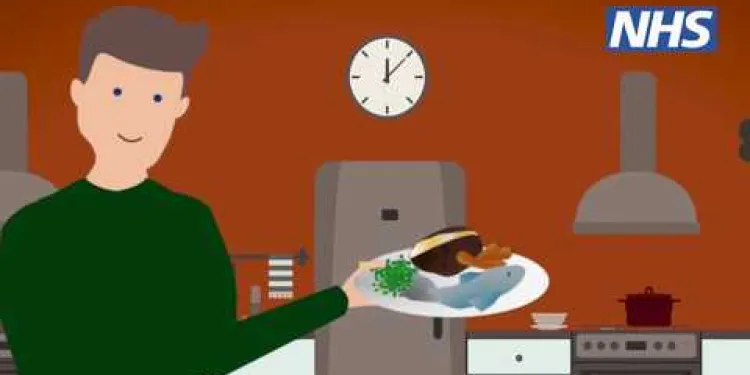
Tom's story (NHS Diabetes Prevention Programme)
Relevance: 69%
-
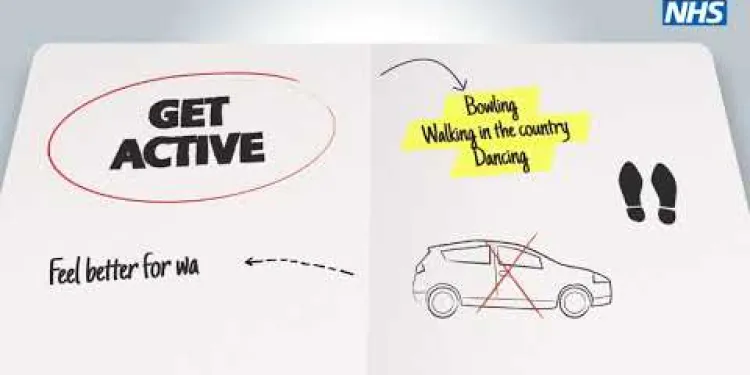
Pam’s story - The NHS Diabetes Prevention Programme
Relevance: 68%
-
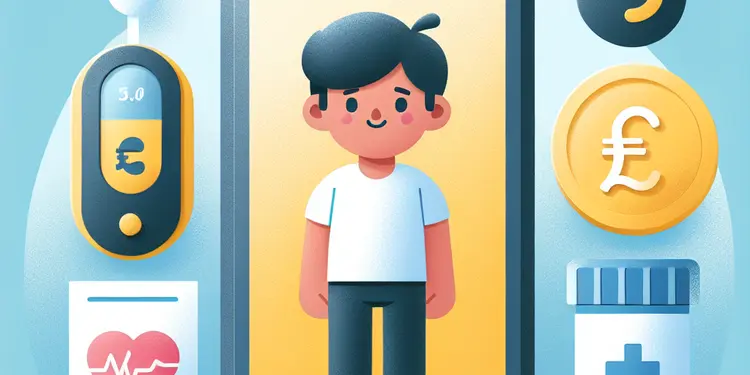
Why should I consider screening my child for type 1 diabetes?
Relevance: 68%
-
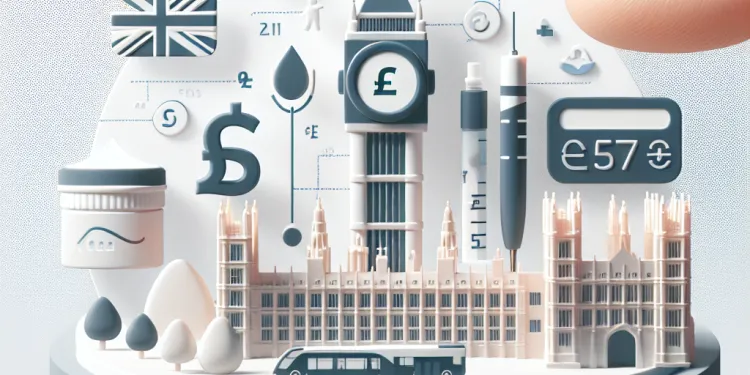
Is Wegovy used for type 2 diabetes management?
Relevance: 67%
-
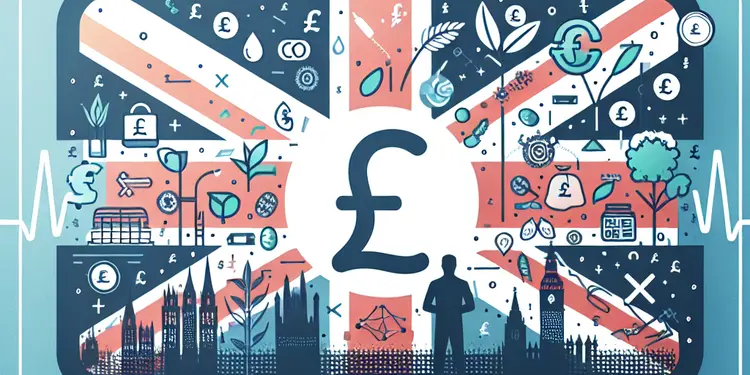
Can environmental factors contribute to type 1 diabetes?
Relevance: 67%
-

Does insurance cover type 1 diabetes screening?
Relevance: 67%
-
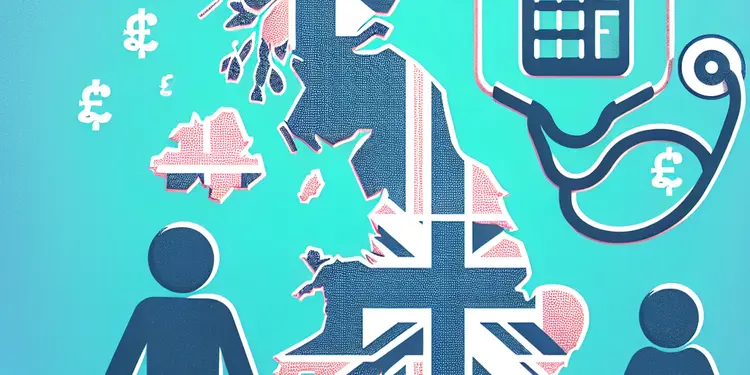
Where can I have my child screened for type 1 diabetes?
Relevance: 67%
-

Where can I find support for managing Type 2 Diabetes in the UK?
Relevance: 66%
NHS Diabetes Prevention Programme: Preventing Type 2 & Improving Outcomes for People with Diabetes
Introduction to the NHS Diabetes Prevention Programme
The NHS Diabetes Prevention Programme (DPP) is a comprehensive initiative designed to help individuals in the United Kingdom reduce their risk of developing Type 2 diabetes. Initiated by NHS England in partnership with Public Health England and Diabetes UK, the programme aims to provide education, support, and lifestyle interventions to at-risk individuals. The ultimate goal is to prevent the onset of Type 2 diabetes and improve the quality of life for those already diagnosed with the condition.
Understanding Type 2 Diabetes
Type 2 diabetes is a chronic medical condition where the body’s ability to manage glucose levels becomes impaired. Unlike Type 1 diabetes, which is an autoimmune condition, Type 2 diabetes is largely influenced by lifestyle factors such as diet, physical activity, and weight. It can lead to serious health complications, including heart disease, stroke, kidney disease, and even blindness if not managed effectively.
Key Components of the NHS DPP
The NHS DPP encompasses several key components to support individuals in preventing Type 2 diabetes:
- Personalized Risk Assessments: Individuals undergo assessments to determine their risk of developing Type 2 diabetes based on factors such as age, weight, family history, and lifestyle.
- Structured Education Programs: Participants are offered engaging and practical sessions that provide information about the causes and consequences of Type 2 diabetes, as well as strategies for prevention.
- Lifestyle Coaching: Health coaches provide one-on-one and group support to help participants make and sustain healthy lifestyle changes, including improving diet and increasing physical activity.
- Regular Monitoring: Continuous monitoring and follow-ups help track progress, making adjustments to the intervention plan as necessary to ensure its effectiveness.
Improving Outcomes for People with Diabetes
For those already living with diabetes, the NHS offers a range of support services and resources to ensure better health outcomes:
- Comprehensive Care Plans: Personalized care plans are developed to manage blood glucose levels, incorporate regular screenings, and address any complications.
- Access to Specialist Services: Multidisciplinary teams, including endocrinologists, dietitians, and diabetes nurse specialists, provide expert care and guidance.
- Empowerment through Education: Ongoing education empowers patients to take control of their condition, making informed decisions about their lifestyle and treatment options.
Conclusion
The NHS Diabetes Prevention Programme represents a proactive and person-centered approach to tackling Type 2 diabetes in the UK. By focusing on prevention, education, and ongoing support, the programme aims to reduce the incidence of Type 2 diabetes and enhance the quality of life for those living with the condition. Through collective efforts, including public health initiatives and individual commitments to healthier lifestyles, significant strides can be made in combating this widespread health challenge.
NHS Diabetes Prevention Programme: Stopping Type 2 and Helping People with Diabetes
What is the NHS Diabetes Prevention Programme?
The NHS Diabetes Prevention Programme (DPP) helps people in the UK stop getting Type 2 diabetes. It was started by NHS England with Public Health England and Diabetes UK. The programme gives help, advice, and ideas to people at risk. The main aim is to stop Type 2 diabetes before it starts and help those who have it live better lives.
What is Type 2 Diabetes?
Type 2 diabetes is when your body has trouble using sugar (glucose) for energy. This is not the same as Type 1 diabetes, which is when your body attacks itself. Type 2 diabetes often happens because of how we eat, move, and our weight. If not cared for, it can cause problems with the heart, eyes, and kidneys.
How the NHS DPP Helps
The NHS DPP helps in different ways:
- Personalized Risk Checks: People get checked for their chance of getting Type 2 diabetes. This looks at age, weight, family, and how they live.
- Learning Sessions: People join sessions to learn about Type 2 diabetes, what causes it, and how to stop it.
- Lifestyle Help: Coaches guide people to eat better and move more to stay healthy.
- Regular Watching: Progress is regularly checked to see how well things are going.
Helping People with Diabetes Feel Better
For people who already have diabetes, NHS provides help to manage it better:
- Personal Care Plans: Plans are made to help manage sugar levels and deal with any problems.
- Access to Experts: Specialists, like doctors and nurses who know a lot about diabetes, offer help.
- Learning Empowerment: Patients learn how to control their diabetes and make good choices for their health.
Conclusion
The NHS Diabetes Prevention Programme aims to stop Type 2 diabetes and help those with it live better. By focusing on prevention, education, and support, the programme hopes to help people live healthier lives. Working together with healthcare and making healthy choices can make a big difference.
Frequently Asked Questions
What is the NHS Diabetes Prevention Programme (NHS DPP)?
The NHS Diabetes Prevention Programme is a free program designed to support people in reducing their risk of developing Type 2 diabetes through lifestyle changes.
Who is eligible for the NHS DPP?
Adults in the UK who are at high risk of developing Type 2 diabetes are eligible for the NHS DPP. Eligibility is usually determined through a blood test that shows higher than normal blood sugar levels, but below the threshold for diabetes.
How can I join the NHS DPP?
You can be referred to the NHS DPP by your GP or another healthcare professional. In some areas, self-referral is also available if you are shown to be at high risk.
What does the NHS DPP involve?
The program includes a series of activities, education sessions, and support from trained professionals to help participants achieve and maintain a healthy weight, adopt healthier eating habits, and increase physical activity.
How long does the NHS DPP last?
The program generally lasts for up to 9 months and consists of approximately 13 one-to-one or group sessions spread over this period.
What kind of support is offered during the NHS DPP?
Trained coaches provide personalised support to help participants achieve their goals. This includes dietary advice, physical activity plans, and strategies to maintain long-term healthy behaviours.
Is the NHS DPP effective?
Yes, the NHS DPP has been shown to significantly reduce the risk of developing Type 2 diabetes in participants by helping them to lose weight, improve their diet, and increase their physical activity levels.
Can I still join the NHS DPP if I have other health conditions?
Yes, most people with other health conditions can participate, but it's important to discuss your individual circumstances with your GP or healthcare provider to ensure the program is suitable for you.
Does participation in the NHS DPP cost anything?
No, the NHS DPP is free to participants as it is funded by the NHS in the UK.
Can I participate in the NHS DPP if I am already diagnosed with Type 2 diabetes?
No, the NHS DPP is specifically designed for people at high risk of developing Type 2 diabetes, not for those who have already been diagnosed. However, there are other support and education programs available for managing Type 2 diabetes.
What dietary changes are recommended in the NHS DPP?
Participants are encouraged to eat a balanced diet with plenty of fruits, vegetables, whole grains, and lean proteins, while reducing the intake of sugary, fatty, and processed foods.
How much physical activity is recommended in the NHS DPP?
The program encourages participants to aim for at least 150 minutes of moderate-intensity aerobic activity, such as brisk walking or cycling, per week, along with strength exercises on two or more days a week.
What if I miss a session during the NHS DPP?
If you miss a session, it's important to inform your coach or group facilitator. Arrangements can often be made for you to catch up or attend a different session.
What are the benefits of completing the NHS DPP?
Completing the NHS DPP can help you reduce your risk of developing Type 2 diabetes, improve overall health and wellbeing, increase energy levels, and achieve a healthier weight.
How can I find out more information about the NHS DPP?
You can find more information by visiting the NHS website or speaking to your GP or healthcare professional who can provide details and advice on how to get started with the programme.
What is the NHS Diabetes Prevention Programme (NHS DPP)?
The NHS Diabetes Prevention Programme helps people stay healthy and not get diabetes. It is for people at risk of getting diabetes.
This programme teaches you how to eat better and exercise more. It shows you how to live a healthy life to help you not get diabetes.
If you need help understanding the programme, you can:
- Ask a friend or family member to explain it to you.
- Use simple words when talking to your doctor about it.
- Look for videos online that explain diabetes prevention.
The NHS Diabetes Prevention Programme is free. It helps people stay healthy so they don't get Type 2 diabetes. The programme shows how to make healthy changes in your life.
Who can join the NHS DPP?
People in the UK who might get Type 2 diabetes can join the NHS DPP. To see if you can join, you need a blood test. The blood test checks if your blood sugar is higher than normal, but not high enough to be diabetes.
How can I join the NHS DPP?
Do you want to join the NHS Diabetes Prevention Programme (DPP)? Here is how you can:
- Talk to your doctor. They can help you join.
- Ask the nurse at your doctor’s office. They know about NHS DPP.
- If you get a letter from your doctor telling you about NHS DPP, follow the steps they give you.
You can ask someone you trust to help you, like a friend or family member.
Your doctor or another healthcare worker can send you to the NHS DPP. In some places, you can also sign up yourself if you are at high risk.
What happens in the NHS DPP?
The NHS DPP is a program that helps people stay healthy. It focuses on stopping diabetes before it starts. Here’s what happens:
- Learning about healthy habits: You will learn how to eat healthy food and stay active.
- Support from experts: Friendly experts will guide you and answer any questions you have.
- Group meetings: You will be part of a group where everyone helps and encourages each other.
Tips to help you:
- You can use pictures to understand better.
- Ask someone to read with you if you find it hard.
- Take breaks if you feel tired.
This program helps people get to a healthy weight. It has fun activities, learning times, and help from experts. They will teach you how to eat better and move more.
How long is the NHS DPP program?
The NHS DPP program lasts for a long time. It takes about 9 months to 1 year to finish. You will have meetings and activities to help you stay healthy.
- Use a calendar to remember your meetings.
- Ask someone to help you understand the information if you need it.
- Take notes during meetings to help you remember.
The program usually goes for about 9 months. It has around 13 one-on-one or group meetings during this time.
What help do you get in the NHS DPP?
Coaches help people in a special way. They help each person reach their goals. Coaches give food advice, exercise plans, and tips to stay healthy for a long time.
Does the NHS DPP work well?
The NHS DPP is a program that helps people stay healthy. We want to know if it does a good job.
Here are some ways to find out if it works:
- Ask people who have used it how they feel.
- Use tools like pictures or videos to show how it works.
- Talk to a doctor or nurse for advice.
Yes, the NHS DPP can lower the chance of getting Type 2 diabetes. It helps people lose weight, eat better, and move more.
Can I join the NHS DPP if I have other health problems?
Yes, you can join the NHS Diabetes Prevention Program (DPP) even if you have other health problems. It is important to talk to your doctor or nurse to see if the program is right for you.
If reading is hard, here are some tips:
- Ask someone to read it with you.
- Use a text-to-speech tool to listen to the words.
- Highlight or underline important words.
Yes, most people who have other health problems can join. But it’s important to talk to your doctor or healthcare worker. They will help you see if the program is good for you.
Do you have to pay to join the NHS DPP?
No, you do not have to pay for the NHS DPP. It is free because the NHS in the UK pays for it.
Can I join the NHS DPP if I already have Type 2 diabetes?
No, the NHS DPP is for people who might get Type 2 diabetes. It is not for people who already have it. But there are other programs to help people with Type 2 diabetes.
What food changes are suggested in the NHS DPP?
The NHS DPP is a program to help people stay healthy. It tells us how to eat better. Here are some tips:
- Eat more fruits and vegetables. Try to have at least 5 portions a day.
- Choose whole grains like brown bread and brown rice instead of white ones.
- Eat less sugar. Drink water instead of sugary drinks.
- Eat less salt. Check food labels and choose ones with less salt.
- Have smaller portions. Try not to eat too much at once.
- Eat less fatty foods. Grill or bake food instead of frying.
You can use simple tools to help, like a food diary to keep track of what you eat. You can also ask someone for help to plan meals.
It is good to eat different healthy foods. Try to eat lots of fruits and vegetables. You should also eat foods like bread and rice that are whole grains. Choose lean meats like chicken and fish. Try not to eat too many sugary foods, fatty foods, or foods that come in packages.
How much exercise should you do in the NHS DPP?
The NHS Diabetes Prevention Program (DPP) tells you how much to exercise. Exercise is moving your body to stay healthy. Here is how much exercise you should do:
- Try to do at least 30 minutes of exercise, 5 days a week.
- You can walk, run, swim, or play sports. Find something you enjoy!
- You can break the 30 minutes into smaller times if you want. For example, do 10 minutes, 3 times a day.
Tips to help you exercise:
- Ask a friend or family member to join you. It's more fun!
- If you need help, use a pedometer to count your steps.
- Choose a time of day that works best for you to exercise.
The program asks people to try to do 150 minutes of exercise each week. This could be brisk walking or riding a bike. It's good to also do exercises to make muscles strong on two or more days a week.
Try using a timer or an app to help plan your exercise time. You can break it into smaller parts, like 10 minutes at a time.
What happens if I can't go to a session in the NHS DPP?
If you miss a session, tell your coach or group leader. They can help you catch up or join another session.
Why finish the NHS DPP program?
The NHS DPP program helps you stay healthy. It teaches you how to eat healthy foods and stay active. By finishing the program, you can feel stronger and prevent health problems in the future.
Here are some tips to help:
- Ask a friend to join you for support.
- Use pictures and videos to learn about healthy habits.
- Take small steps each day to build a healthy routine.
Joining the NHS DPP can help you stay healthy and strong. It can lower your chances of getting Type 2 diabetes. It will make you feel better, give you more energy, and help you reach a healthy weight.
How can I learn more about the NHS DPP?
If you want to know more about the NHS DPP, you have some options:
- Visit the NHS website. It has lots of information.
- Ask a doctor or nurse. They can help you understand.
- Look for easy-to-read guides online.
- Use tools to read text out loud, like a screen reader.
These ways can help make things clearer and easier to understand.
You can learn more by looking at the NHS website. You can also talk to your doctor or nurse. They can give you information and help you understand how to start the programme.
Useful Links
Have you found an error, or do you have a link or some information you would like to share? Please let us know using the form below.
-->
This website offers general information and is not a substitute for professional advice.
Always seek guidance from qualified professionals.
If you have any medical concerns or need urgent help, contact a healthcare professional or emergency services immediately.
Some of this content was generated with AI assistance. We’ve done our best to keep it accurate, helpful, and human-friendly.
- Ergsy carfully checks the information in the videos we provide here.
- Videos shown by Youtube after a video has completed, have NOT been reviewed by ERGSY.
- To view, click the arrow in centre of video.
- Most of the videos you find here will have subtitles and/or closed captions available.
- You may need to turn these on, and choose your preferred language.
- Go to the video you'd like to watch.
- If closed captions (CC) are available, settings will be visible on the bottom right of the video player.
- To turn on Captions, click settings .
- To turn off Captions, click settings again.
More Items From Ergsy search
-

NHS Diabetes Prevention Programme; Preventing Type 2 and improving outcomes for people with diabetes
Relevance: 100%
-

Improving outcomes for people with diabetes
Relevance: 95%
-

Can Type 2 Diabetes be prevented?
Relevance: 86%
-

What Is Type 2 Diabetes? | 2 Minute Guide | Diabetes UK
Relevance: 80%
-

Is Type 2 Diabetes hereditary?
Relevance: 78%
-

What is type 1 diabetes?
Relevance: 78%
-

Are there any clinical trials for preventing type 1 diabetes?
Relevance: 77%
-

Type 1 Diabetes supporting adults to manage Type 1 diabetes
Relevance: 77%
-

What is type 1 diabetes?
Relevance: 77%
-

Is there a genetic predisposition to type 1 diabetes?
Relevance: 75%
-

What are the benefits of early detection of type 1 diabetes?
Relevance: 74%
-

How is Type 2 Diabetes diagnosed?
Relevance: 74%
-

What causes Type 2 Diabetes?
Relevance: 74%
-

Can Type 2 Diabetes go away?
Relevance: 73%
-

How to manage type 2 diabetes
Relevance: 73%
-

The NHS Diabetes Prevention Programme story
Relevance: 73%
-

What is the difference between type 1 and type 2 diabetes?
Relevance: 73%
-

What are the limitations of type 1 diabetes screening?
Relevance: 73%
-

Is Ozempic suitable for type 1 diabetes?
Relevance: 73%
-

Tom's story (NHS Diabetes Prevention Programme)
Relevance: 72%
-

How is Type 2 Diabetes treated?
Relevance: 72%
-

What are the symptoms of Type 2 Diabetes?
Relevance: 71%
-

Should I screen my child for type 1 diabetes?
Relevance: 71%
-

Can Mounjaro be used in type 1 diabetes?
Relevance: 71%
-

What is the role of insulin in Type 2 Diabetes?
Relevance: 70%
-

How accurate are the tests for predicting type 1 diabetes?
Relevance: 70%
-

What complications are associated with Type 2 Diabetes?
Relevance: 70%
-

Diabetes Care - Preventing Amputations
Relevance: 70%
-

Can exercise help prevent gestational diabetes?
Relevance: 70%
-

Can stress affect my Type 2 Diabetes?
Relevance: 70%
-

Hansa's story - The NHS Diabetes Prevention Programme
Relevance: 69%
-

What does screening for type 1 diabetes involve?
Relevance: 69%
-

Tom's story (NHS Diabetes Prevention Programme)
Relevance: 69%
-

Pam’s story - The NHS Diabetes Prevention Programme
Relevance: 68%
-

Why should I consider screening my child for type 1 diabetes?
Relevance: 68%
-

Is Wegovy used for type 2 diabetes management?
Relevance: 67%
-

Can environmental factors contribute to type 1 diabetes?
Relevance: 67%
-

Does insurance cover type 1 diabetes screening?
Relevance: 67%
-

Where can I have my child screened for type 1 diabetes?
Relevance: 67%
-

Where can I find support for managing Type 2 Diabetes in the UK?
Relevance: 66%


